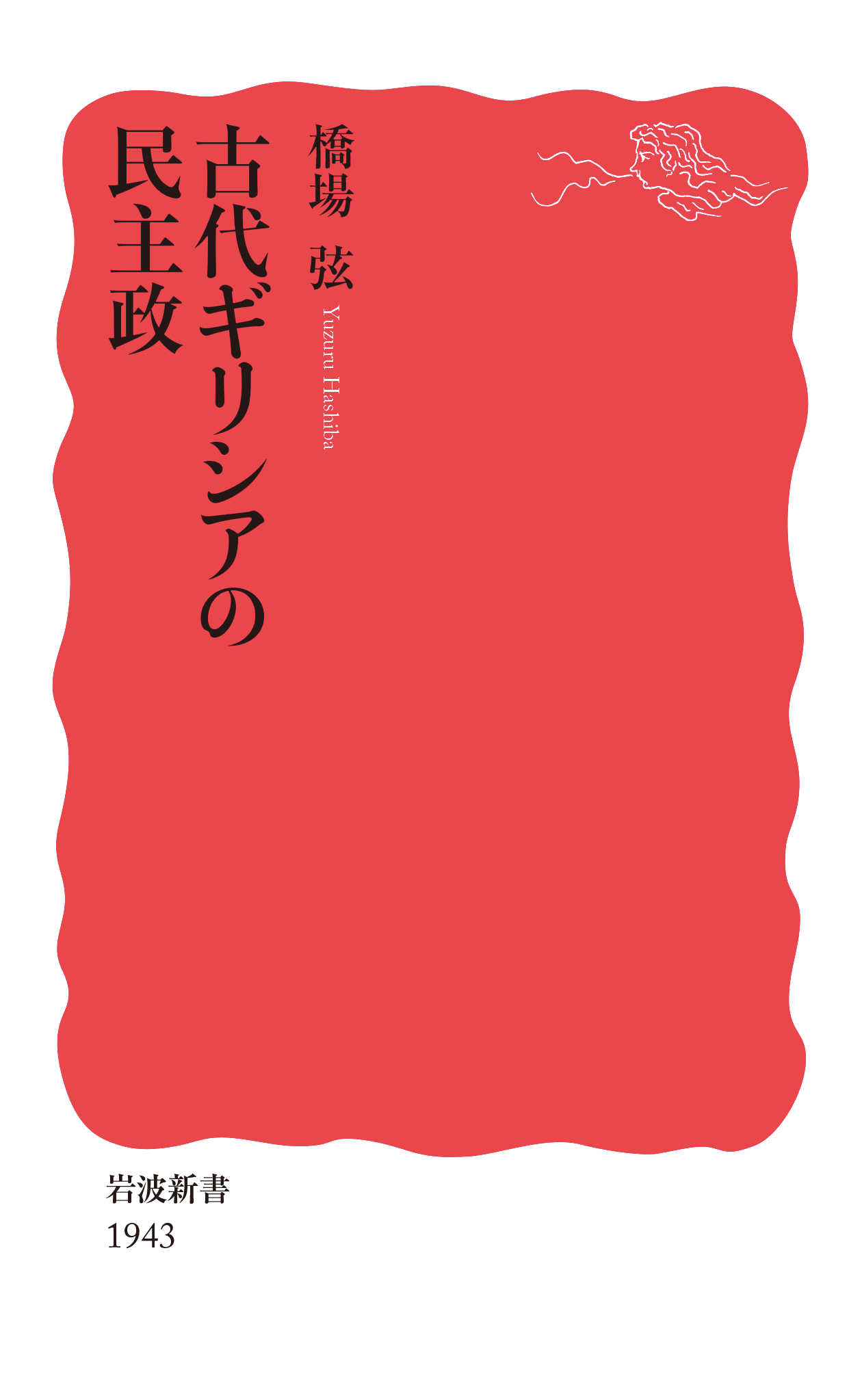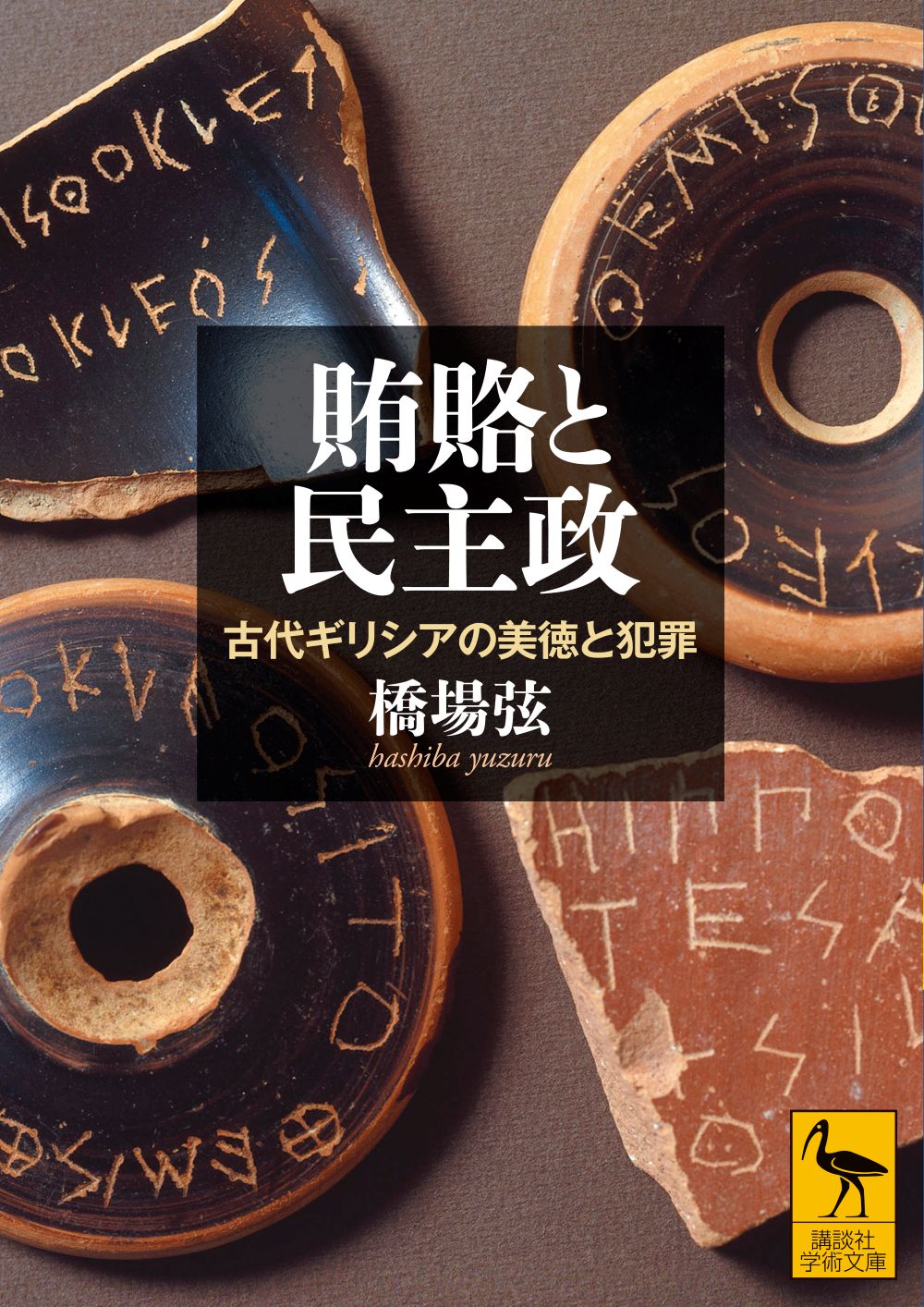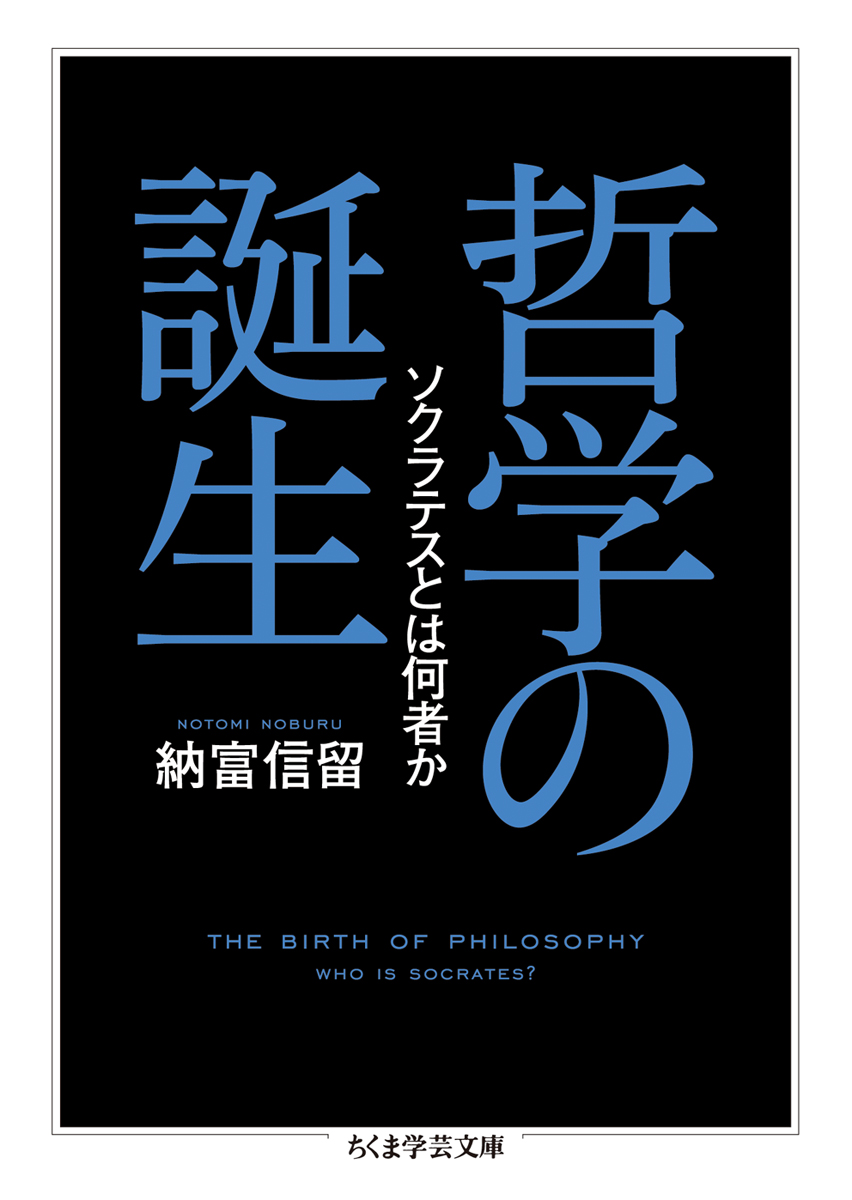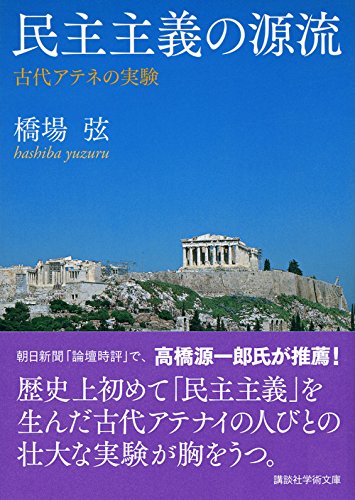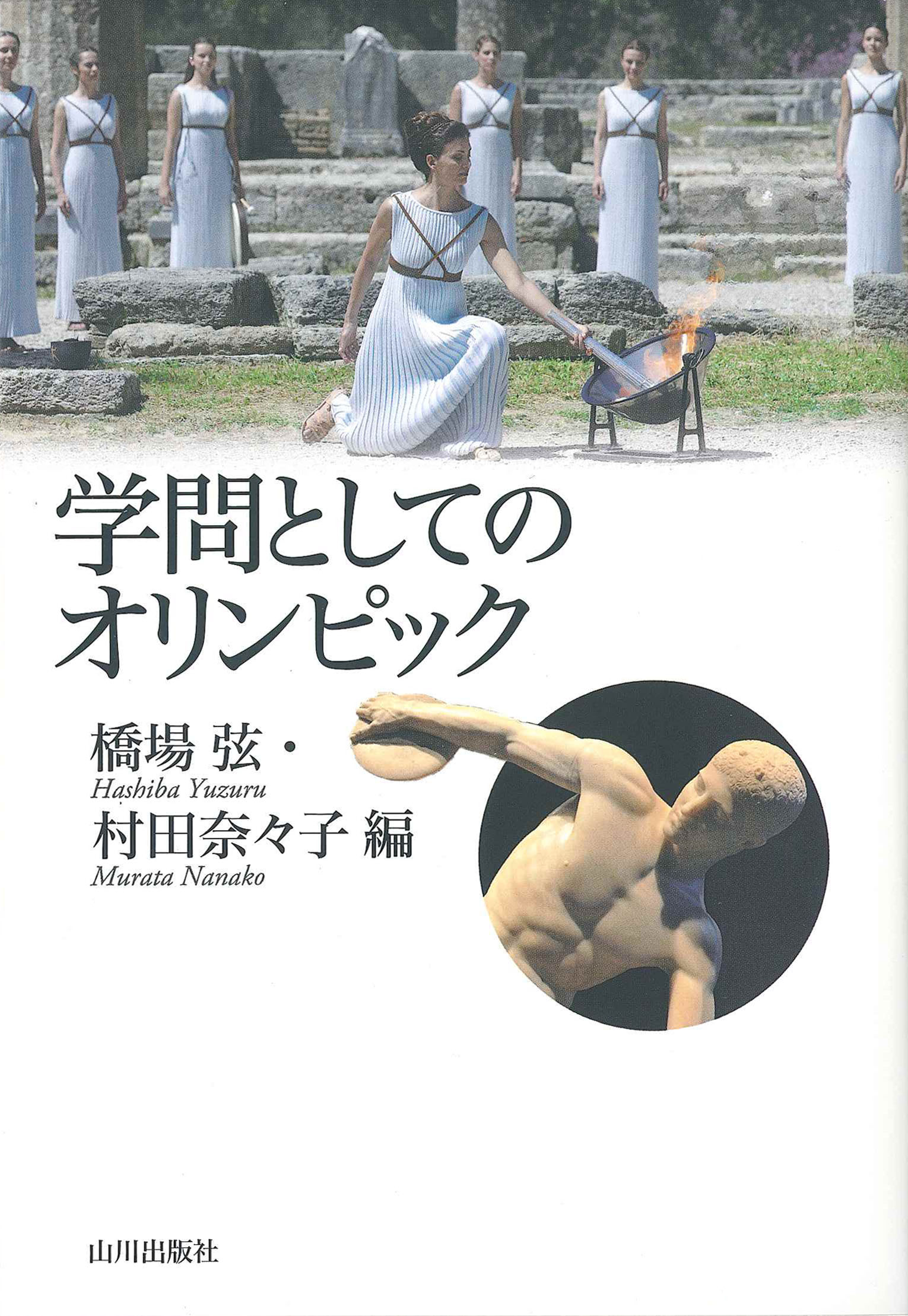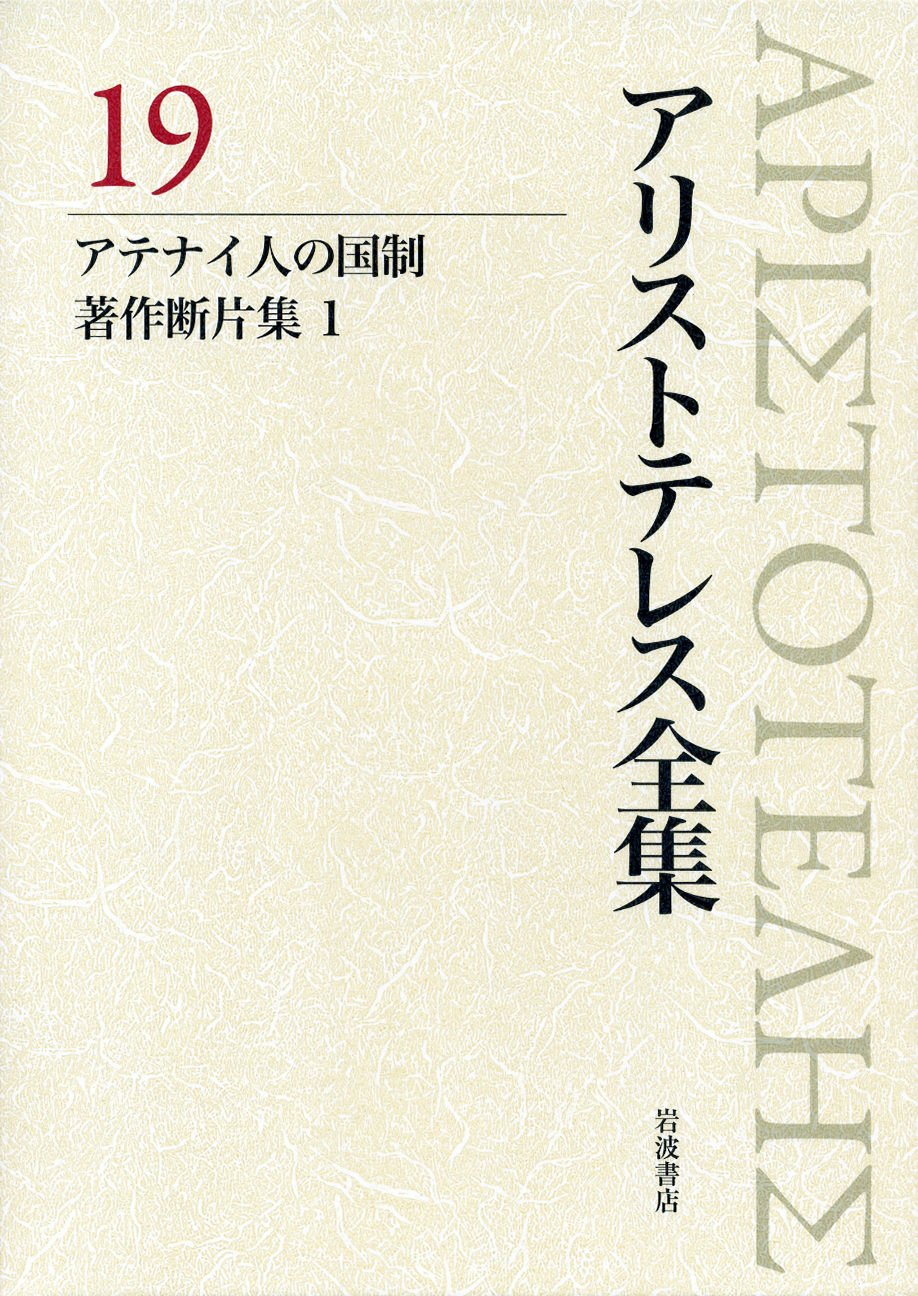
Title
Aristotelian Zenshu 19: Athenians no Kokusei ([The Aristotelian Corpus Volume 19] The Constitution of the Athenians: A Collection of Fragments 1 – New Edition)
Size
504 pages
Language
Japanese
Released
December 18, 2014
ISBN
978-4-00-092789-5
Published by
Iwanami Shoten
See Book Availability at Library
Japanese Page
This publication records translations, annotations, and interpretations of the Constitution of the Athenians, the most famous of the texts on the constitutions of 158 countries written by Aristotle and students of his school. The Constitution of the Athenians describes in great detail the history of the constitution of the Athenian city state from the mythical age to the end of the fifth century BC and the structure of the Athenian democratic government during Aristotle’s time. The text was lost at an early stage, but as a result of the discovery of a nearly complete papyrus copy in Egypt and its translation at the end of the 19th century, the history of Athens and of Greece itself was largely rewritten. Translation of this historically important text has been revised in light of the status of research in Japan and overseas during the past 30 years and detailed annotations have been added.
This essay entitled the Constitution of the Athenians and attributed to Aristotle has had an extremely deep influence on the study of ancient Greek history. It can be said that the study of Athenian history and of Greek constitutions underwent a dramatic change with the discovery of that copy at the end of the 19th century. The text, which records in detail the actual circumstances of the establishment of the Athenian democratic government and its operation, provides valuable knowledge not available from other historical sources. There are some aspects of the text that are susceptible to criticism as discussed below, but it is without a doubt a first-rate historical source that is essential for all historians.
Through the students of his school, Aristotle produced a scientific collection on the constitutions of 158 countries, of both Greeks and other peoples. These texts on constitutions, including this text, were eventually lost. Many quotations in ancient writings, however, were preserved and texts on 68 countries in 223 parts well as fragments of quotations were collected by V. Rose in the Corpus Aristotelicum Fragmenta Selecta. A number of fragments that quote from this text are found in 91 parts, but until the end of the 19th century, scholars had to rely on these fragments to conjecture about the entire work. If this text had been preserved and handed down, it would have made an immense contribution to the study of ancient Greek history, and for this reason, its loss was extremely unfortunate for historians.
As it turns out, a nearly complete papyrus copy of the Constitution of the Athenians was discovered in a desert area near the banks of the Nile River, and the text was revised and published by the British Museum Department of Prints and Drawings. In Japan, the translation and annotation by Kentaro Murakawa (Iwanami Bunko, 1980) is widely known, but more than 30 years since its initial publication have passed, and the text has been extensively revised and annotated based on progress in research over that period.
(Written by HASHIBA Yuzuru, Professor, Graduate School of Humanities and Sociology / 2017)



 Find a book
Find a book


